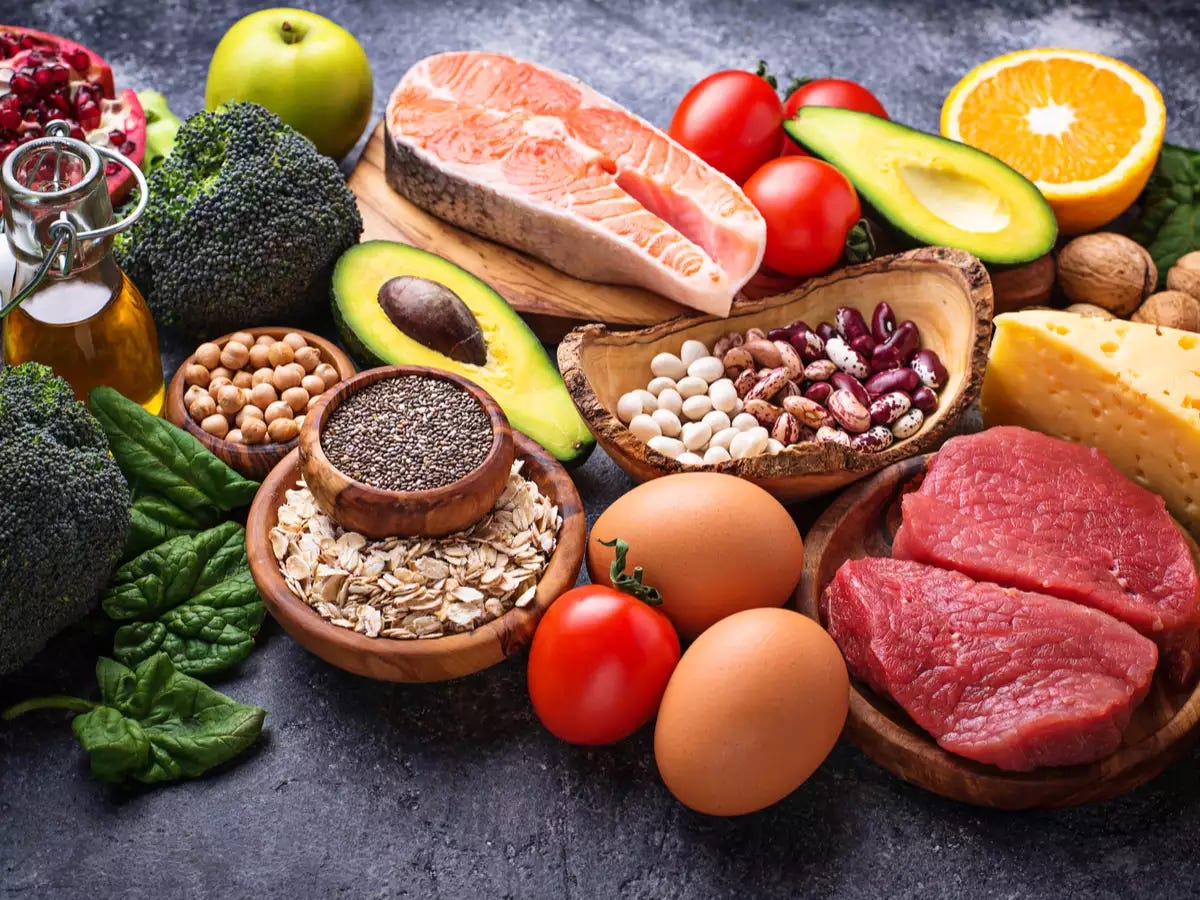Kidney stones are mineral and/or salt reserves that harden within the kidneys. Calcium oxalate stones, calcium phosphate stones, uric acid stones, struvite stones, and cystine stones are the different types. A kidney stone usually starts as a small crystal-like material and grows into a larger, solid object.

If you have kidney stones, you may require to follow a special kidney stone diet plan. To begin, your healthcare professional will perform blood and urine tests to determine what possible risks you may have. Then, your healthcare provider will advise you on the dietary changes and medical treatment you will require to avoid the recurrence of kidney stones.
Oxalate-Controlled Diet:
Oxalate, also known as oxalic acid, is a naturally occurring substance found in a variety of plant and animal food sources like fruits, legumes, nuts, and grains. Because it is not a necessary nutrient for humans, consuming too much of it can result in the formation of kidney stones.
Here are the diet foods to prevent kidney stones that have low to nil amounts of oxalate substances.
1. Reduce your intake of high oxalate foods.
The first idea is the most obvious. The more oxalate in your urine, the more oxalate is absorbed from your digestive tract. If you eat high-oxalate foods, you should limit your intake of the following:
- Spinach
- Flakes of Bran
- Rhubarb
- Beets
- Crispy potato chips
- Fries à la française
- Nuts and nut butter
You don’t have to avoid other healthy foods that contain oxalate. In fact, oxalate is practically unavoidable because it is present in almost all plant foods. It is often necessary to combine calcium from foods or beverages with meals and fewer high-oxalate foods.
2. Plant-based protein
Animal-based proteins in small amounts are safe to consume. However, consuming too much animal protein can increase a person’s risk of developing kidney stones.
In a kidney stone diet, dietitians recommend including plant-based protein. Beans, peas, and lentils are a few examples.
Individual protein requirements should be discussed with a doctor or a dietitian, as they vary from person to person.
3. Vegetables and fruits
Fruits and vegetables are essential components of any diet. Increasing the number of vegetables in a person’s diet can help them avoid stone formation. Fruits come in three varieties: dried, frozen, and fresh.
According to a 2014 review of fruits with high levels of citric acid, such as oranges and lemons, have also shown a positive effect in preventing kidney stones.
People should become familiar with oxalate-rich fruits and vegetables, such as spinach, and try to limit their consumption. Alternatively, they can be combined with foods high in calcium.
4. Water or any fluids
Drinking plenty of water is an important way to lower your chances of developing stones. This dilutes the urine substances that cause stones. Drink at least 3 quarts (about ten 10-ounce glasses) of liquid per day to avoid repeat stones. The amount of liquid you need to drink is determined by the climate and your level of activity.
The Bottom-line
Some people may be able to avoid kidney stones simply by making dietary changes.
In other situations, additional treatment, such as medication to break up the stones or surgery to remove the stones, may be required.
If the stones become excruciatingly painful, it is best to consult with a doctor or nephrologist to determine the best course of action.
However, our Kidney C.O.P.® supplements help to dissolve the stones rapidly and without any painful treatment. We offer products that are 99% effective against the formation of kidney stones. It is a way better option than Chanca Piedra. Shop now!
